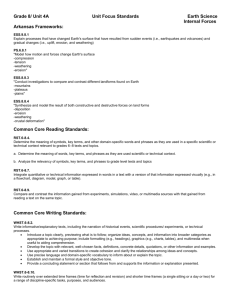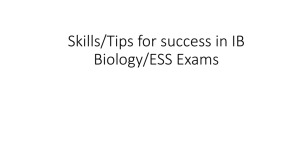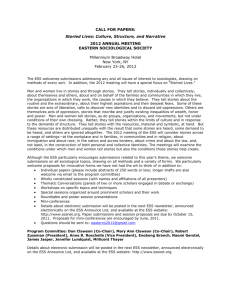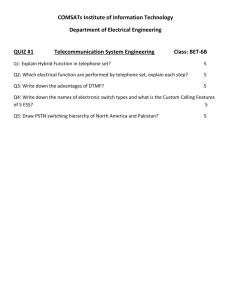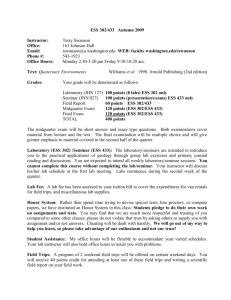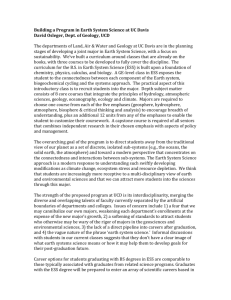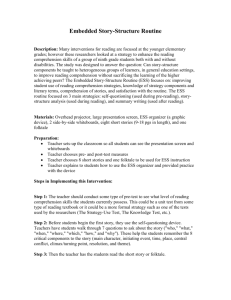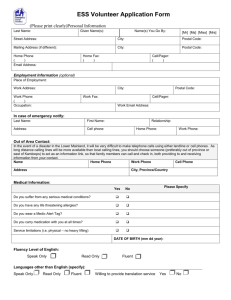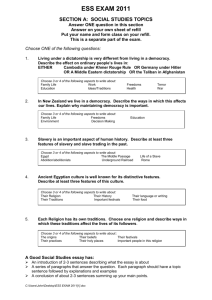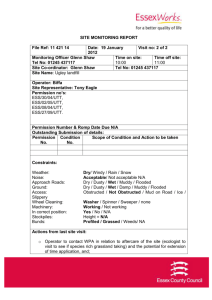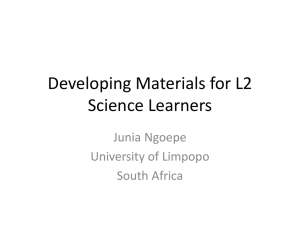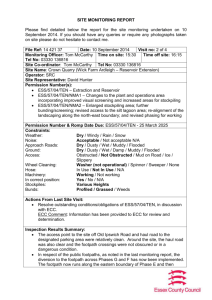Grade 8/ Unit 4BUnit Focus StandardsEarth Science External Forces
advertisement
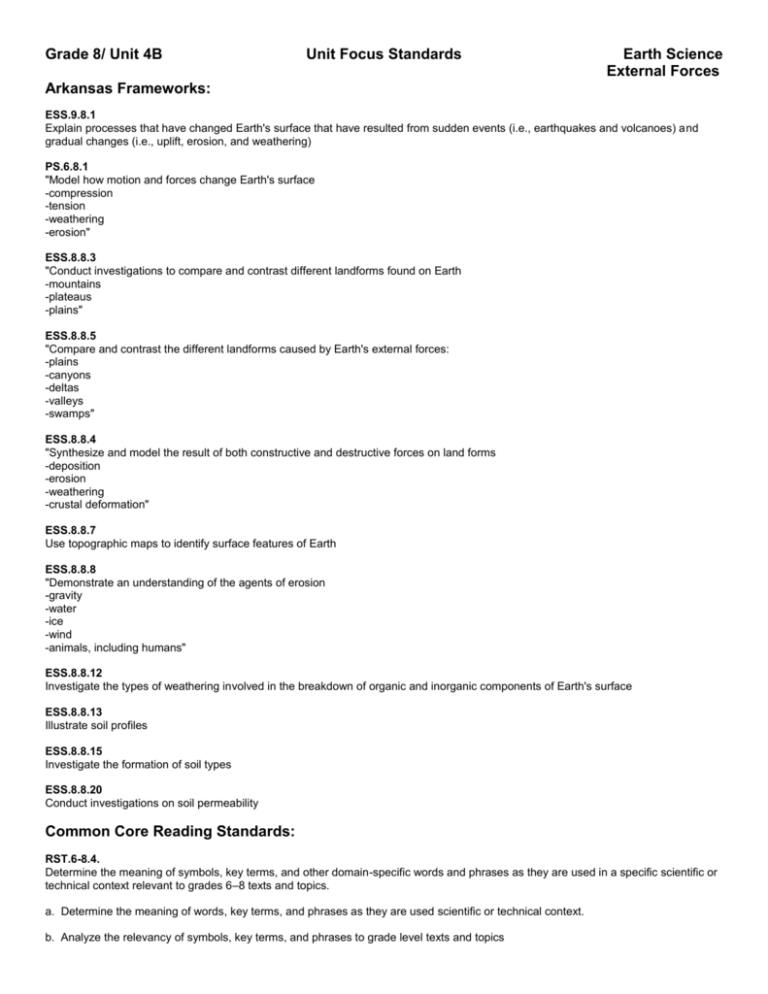
Grade 8/ Unit 4B Unit Focus Standards Earth Science External Forces Arkansas Frameworks: ESS.9.8.1 Explain processes that have changed Earth's surface that have resulted from sudden events (i.e., earthquakes and volcanoes) and gradual changes (i.e., uplift, erosion, and weathering) PS.6.8.1 "Model how motion and forces change Earth's surface -compression -tension -weathering -erosion" ESS.8.8.3 "Conduct investigations to compare and contrast different landforms found on Earth -mountains -plateaus -plains" ESS.8.8.5 "Compare and contrast the different landforms caused by Earth's external forces: -plains -canyons -deltas -valleys -swamps" ESS.8.8.4 "Synthesize and model the result of both constructive and destructive forces on land forms -deposition -erosion -weathering -crustal deformation" ESS.8.8.7 Use topographic maps to identify surface features of Earth ESS.8.8.8 "Demonstrate an understanding of the agents of erosion -gravity -water -ice -wind -animals, including humans" ESS.8.8.12 Investigate the types of weathering involved in the breakdown of organic and inorganic components of Earth's surface ESS.8.8.13 Illustrate soil profiles ESS.8.8.15 Investigate the formation of soil types ESS.8.8.20 Conduct investigations on soil permeability Common Core Reading Standards: RST.6-8.4. Determine the meaning of symbols, key terms, and other domain-specific words and phrases as they are used in a specific scientific or technical context relevant to grades 6–8 texts and topics. a. Determine the meaning of words, key terms, and phrases as they are used scientific or technical context. b. Analyze the relevancy of symbols, key terms, and phrases to grade level texts and topics Grade 8/ Unit 4B Unit Focus Standards Earth Science External Forces RST.6-8.7. Integrate quantitative or technical information expressed in words in a text with a version of that information expressed visually (e.g., in a flowchart, diagram, model, graph, or table). RST.6-8.9. Compare and contrast the information gained from experiments, simulations, video, or multimedia sources with that gained from reading a text on the same topic. Common Core Writing Standards: WHST.6-8.2. Write informative/explanatory texts, including the narration of historical events, scientific procedures/ experiments, or technical processes. Introduce a topic clearly, previewing what is to follow; organize ideas, concepts, and information into broader categories as appropriate to achieving purpose; include formatting (e.g., headings), graphics (e.g., charts, tables), and multimedia when useful to aiding comprehension. Develop the topic with relevant, well-chosen facts, definitions, concrete details, quotations, or other information and examples. Use appropriate and varied transitions to create cohesion and clarify the relationships among ideas and concepts. Use precise language and domain-specific vocabulary to inform about or explain the topic. Establish and maintain a formal style and objective tone. Provide a concluding statement or section that follows from and supports the information or explanation presented. WHST.6-8.10. Write routinely over extended time frames (time for reflection and revision) and shorter time frames (a single sitting or a day or two) for a range of discipline-specific tasks, purposes, and audiences.
